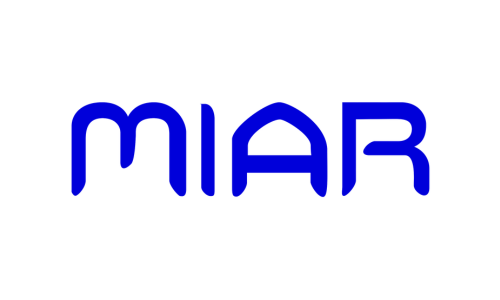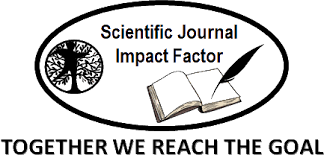About the Journal
ANGLISTICUM is the Journal of the Association-Institute for English Language and American Studies which contributes to the development of both theory and practice in the field of English Literature, Linguistics and Interdisciplinary Studies.
The field of Literature includes American Literature, Eighteenth Century Literature, Literary Theory, Medieval Literature, Renaissance Literature, Romanticism, Seventeenth Century Literature, Shakespearean Literature, Victorian Literature, Twentieth Century and Contemporary Literature, Comparative Literature, etc.
The field of Linguistics includes Applied Linguistics, Language Teaching, Computational Linguistics, Discourse Analysis, Historical Linguistics, Psycholinguistics, Language Acquisition, Sociolinguistics, Bilingualism, Language and Gender, Language Variation and Change, Speech Science, Perception, Theoretical Linguistics, Morphology, Phonology, Phonetics, Pragmatics, Semantics, and Syntax.
The field of Interdisciplinary studies includes Creative and Performing Arts, Humanities, Science, Social science.
The disciplines most commonly associated with the Creative and Performing Arts are: Creative Writing, Film (production), Music (performance), Theatre Design and Production, Visual Art.
Among the Humanities disciplines are: Archaeology, Art History, History, Language, Linguistics, Literature, Philosophy, Religious Studies, Women’s Studies.
In the science category are included: Astronomy, Atmospheric Sciences, Biochemistry, Biology, Animal Biology, Cell and Developmental Biology, Conservation Biology, Ecology and Environmental Biology, General Biology, Genetics, Geographical Biogeosciences, Marine Biology, Plant Biology, Chemistry, Computer Science, Earth and Ocean Sciences, Geological Sciences, Geophysics, Oceanography, Mathematics, Microbiology, Nutritional Science, Pharmacology, Healthcare, Sports, Physiology, Physics, Psychology, Statistics.
The disciplines most commonly associated with the Social Sciences are: Anthropology, Economics, Family Studies, Geography, Political Science, Psychology, Sociology, Legal Studies, Urban Studies, Women’s Studies.
Its editorial team accepts only academically robust papers and welcomes Editorials, Letters to the Publisher, Research Articles, Case Studies, Reflective Essays, Review Articles, Research Briefs, Policy Briefs, Conference Proceeding and/or Abstracts, Commentaries, Viewpoints and other work which are of scientific value and interest. All papers are double-blind peer reviewed and are checked with TURNITIN software http://www.turnitin.com
















